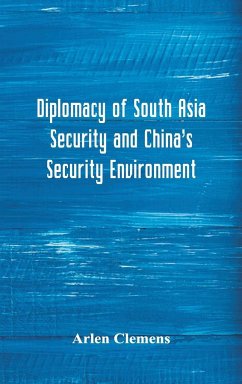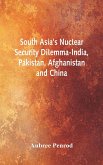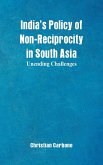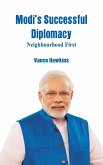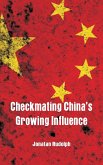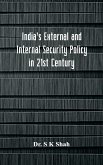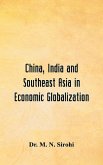Nation-building is still a work in progress in southern Asia, and state sovereignties are still new and fiercely defended. That is the main reason why there are no collective security organisations, alliances or structures within the sub-region. There is no overarching security architecture or formal coalition of powers in southern Asia. Nor does it seem practical or realistic to try to impose such an overall architecture on the region at present. Southern Asian countries do not today face existential national security threats from abroad. Even though some politicians find it convenient to claim external threats, the real threats to national security today are internal. Only in the case of Pakistan and Afghanistan are their internal threats existential - threats to their very existence as states. Pakistan is yet to establish viable state systems based on a common sense of nationhood and is challenged by large organised groups of its own citizens, with some outside support, seeking to establish a religious state, or a caliphate, or to abolish the state altogether. China's emerging standing in the world demands a major rethinking of its diplomatic strategies. Given its population size, geographical scale, economic power and military presence, China is poised to play a larger political role in the twenty-first century, and is thus perceived by the international community to have greater capacities, capabilities and responsibilities. At the same time, environmental stresses caused by China's energy and resources demands have become increasingly evident in recent years, urging China to cultivate delicate diplomatic relations with its neighbors and strategic partners. Tensions have been seen in areas such as transboundary air pollution, crossborder water resources management and resources exploitation, and more recently in global issues such as climate change. Capturing the entire security flavour of South Asia, this book is an attempt to place the national, regional and global events in perspective. The aim is not to provide instant history but to see beyond the media driven, hyphenated short-term view of happenings in the subcontinent and portend the path ahead.
Hinweis: Dieser Artikel kann nur an eine deutsche Lieferadresse ausgeliefert werden.
Hinweis: Dieser Artikel kann nur an eine deutsche Lieferadresse ausgeliefert werden.

